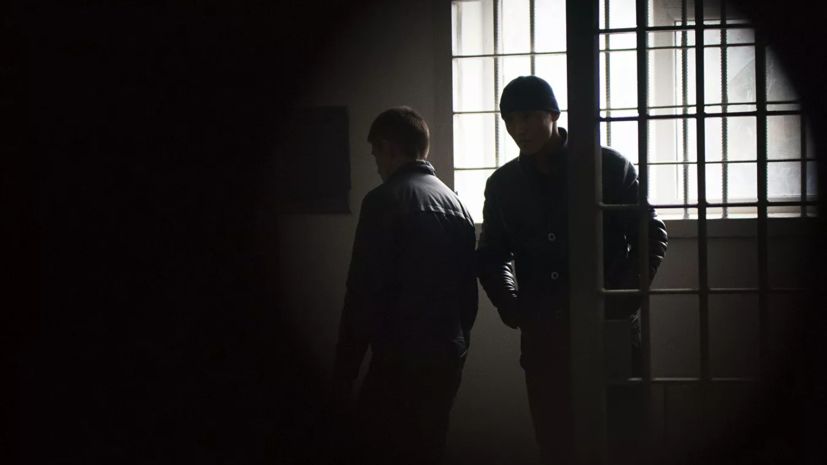“From March 31, the pre-trial detention center employees who will take the shift will stay in them for 14 days, will spend the night in rooms for long visits and other rooms adapted for this,” Melnikov said.
According to the human rights activist, from March 30 in the pre-trial detention center and the only colony-settlement in the capital in Zelenograd the reception of transfers and parcels for prisoners was canceled.
It is noted that the problem of the transfer of medicines to prisoners that are absent in the medical units of the penitentiary system remains unresolved. Under normal conditions, they arrived in parcels or were received by a health worker during a personal reception of relatives of prisoners, but personal receptions by the leaders and officials of pre-trial detention centers were previously canceled due to the coronavirus pandemic.
“Currently, the Kaluga prison shops are the only supply chain for prisoners with additional food and cigarettes, but there are no medicines in its assortment,” Melnikov said.
In turn, RT Special Correspondent Boris Klin stated that it is necessary to strengthen the medical units of the Moscow pre-trial detention facilities, pointing out, in particular, that in the SIZO 12 for several months the prisoners unsuccessfully asked them to do fluorography. The PMC of Moscow noted the need to establish an uninterrupted process of fluorography, since people with tuberculosis are at risk of contracting coronavirus.
Earlier, a member of the PMC, Georgy Ivanov, said that the only hospital of the medical unit of the Federal Penitentiary Service of Moscow, located in the Matrosskaya Tishina pre-trial detention center, was ready to receive 96 patients in the event of an outbreak of coronavirus in Moscow detention centers.

